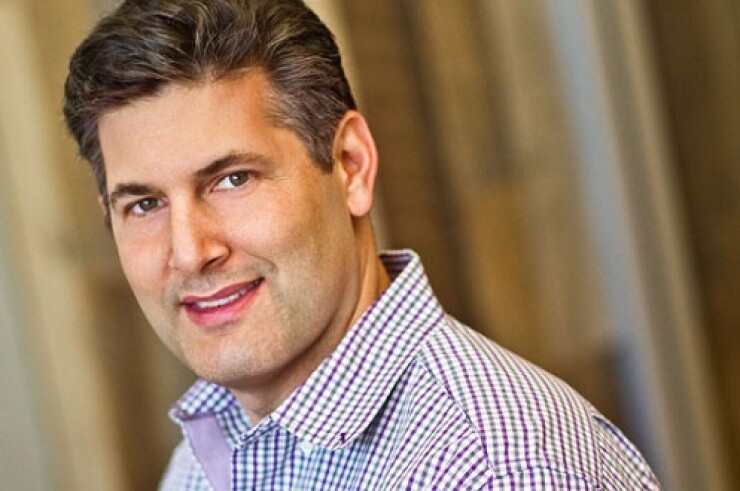
When Wealthfront CEO Adam Nash took aim this week at Betterment, he evoked his former boss Steve Jobs, who was famous for his epic feuds with Michael Dell and Bill Gates.
Marketing experts say Nash's Silicon Valley, smash-mouth attitude has been successful in generating lots of industry buzz and has positioned Nash as a market leader challenging other firms to eliminate fees on small accounts. But it remains to be seen whether this brash strategy will generate more clients.
"The marketplace will tell us whether it was a good method," says April Rudin, wealth marketing strategist, about Nash's tactics. "You can't deposit media mentions into the bank.”
But younger investors may appreciate Nash's authenticity, Rudin adds. "What he said does resonate with the next gen; how he did it is up for grabs. The proof is in the pudding: will it generate business?”
On Tuesday, Wealthfront slashed opening account minimums from $5,000 to $500. The robo advisor has 31,000 clients and $2.5 billion AUM.
After the move, Nash took swipes in a Medium post at Citibank, Betterment, and Blooom. Nash singled out Betterment, claiming the company charges $3 a month to clients who deposit less than $100 a month.
Betterment CEO Jonathan Stein soon rebutted Nash's points with his own Medium post. "In a marketing ploy designed to bait us to respond and thereby invite the press to pay attention to them," he wrote, "Wealthfront made knowingly inaccurate statements about Betterment."
When asked about the strategy behind Nash's critiques, Wealthfront representatives referred to the comments he made in the company's blog.
Traditional firms are already copying Nash and his cohorts' moves by coming out with their own robo advisors, says Dan Sondhelm, partner and senior vice president of SunStar Strategic, a marketing firm for the financial services and renewable energy sectors.
"It's a strategy to remain relevant and generate buzz and remain in news. And it's working,” Sondhelm says. "Every conference I am going to has a panel on robo advisors.”
WORD WARS
Earlier this year, Nash attacked Charles Schwab's robo advisor product for having hidden costs.
And in 2012, Betterment was widely criticized for a picture that compared financial advisors to pigs in an incendiary post on the company blog.
Rudin says such wars of words don't happen often in the traditional wealth management space. Morgan Stanley and Merrill Lynch don't attack each other online, she says, because their marketing is more lifestyle-oriented, such as displaying a yacht in advertisements. Consumers flocking to robo advisors are craving more authenticity and information than a "plain, vanilla ad,” she says.
In new product categories, these fights occur as companies jockey for position, Sondhelm says.
Nash's cohorts in the digital space questioned the rationale for his attacks.
"It's much ado about not that much," says Personal Capital CEO and co-founder Bill Harris, likening it to infighting in academia.
"Sometimes the fury is inversely related to the import," he adds. "I don't think this particular argument will be as significant to many people. Whether it's good or bad for business, I don't think it has import."
Chris Costello, CEO of Blooom, chastised Nash for further commodifying the robo advisor space, many of whom have been offering ever lower prices and fees.
"It is a shame that Adam Nash is choosing to make this about price in light of all of the good that companies like Blooom, Wealthfront, and Betterment are doing for tens of thousands of folks that were never helped before this robo space emerged,” Costello says.
"At Blooom, we believe that price is only an issue in the absence of value. Consequently, we feel that Adam is devaluing Wealthfront's service by making this about price which could serve to further commoditize their services.”
Read more:





